 |
 |
 |
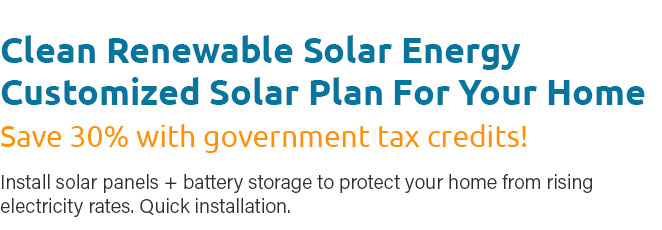 |
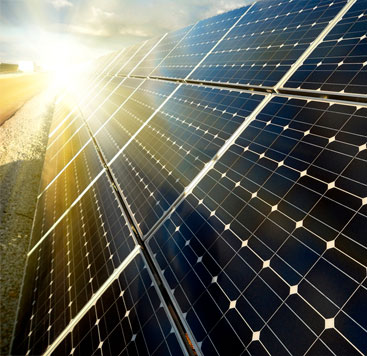 |
 |
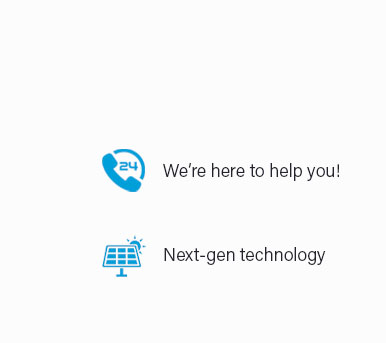 |
 |
 |
 |
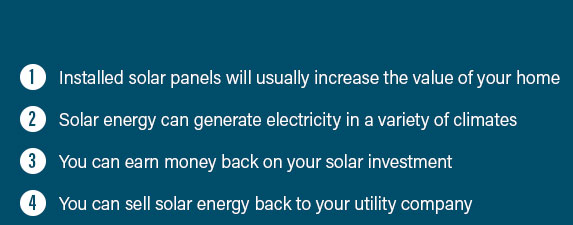 |
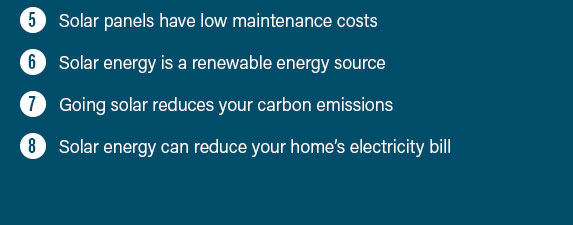 |
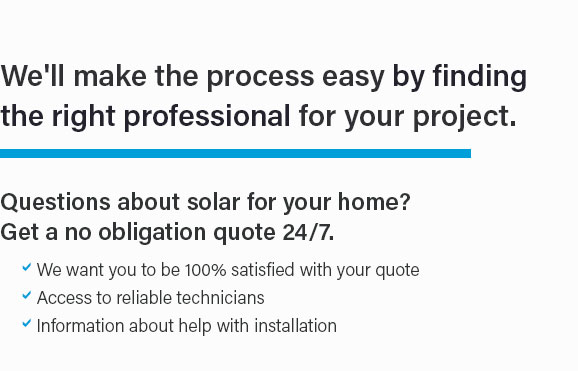 |
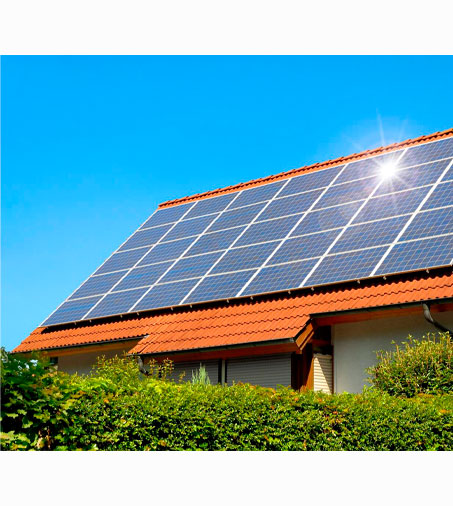 |
|
 |
 |
 |
Installing a Solar Panel System: Essential ConsiderationsIn today's world, where sustainability and reducing carbon footprints have become pivotal, the installation of a solar panel system stands out as a remarkable step towards a greener future. However, embarking on this eco-friendly journey is not merely about purchasing solar panels and placing them on your roof. It involves a myriad of considerations, each playing a crucial role in determining the success and efficiency of your solar endeavor. Firstly, it's imperative to assess your energy needs comprehensively. By evaluating your average energy consumption, you can determine the size and capacity of the solar panel system required to meet your demands. This assessment ensures that you neither overspend on an unnecessarily large system nor undersize your setup, leading to insufficient energy generation. Understanding your energy needs is akin to laying a solid foundation, without which the entire structure could falter. Next, the location and angle of installation significantly influence the performance of your solar panels. Ideally, solar panels should be positioned to maximize exposure to sunlight. For those residing in the Northern Hemisphere, a south-facing orientation typically yields the best results. The angle, too, plays a pivotal role, often recommended to be set at the same angle as the latitude of your location. This positioning ensures that your panels capture the optimum amount of sunlight throughout the year, enhancing energy efficiency. Furthermore, the choice of installer can make or break your solar panel experience. It’s crucial to select a reputable and experienced installer who not only understands the technical nuances but also adheres to safety and regulatory standards. An installer with a proven track record offers peace of mind, ensuring that your investment is in safe hands. Checking reviews, asking for references, and verifying certifications are prudent steps in this selection process. The financial aspect of solar panel installation cannot be overlooked. Although the initial investment might seem hefty, various incentives and financing options are available that can significantly offset the costs. Governments and local authorities often provide tax credits, rebates, and subsidies to encourage renewable energy adoption. Exploring these financial aids can make solar energy more accessible and affordable, turning what might appear as a costly venture into a feasible investment.
Moreover, maintenance and monitoring of your solar panel system are essential for sustained performance. Regular cleaning to remove dust and debris, alongside periodic professional inspections, can prevent efficiency losses and extend the system's lifespan. Many modern solar setups come with monitoring apps that allow you to track energy production in real-time, enabling swift action if anomalies are detected. Lastly, the environmental impact of your decision is profound. By installing a solar panel system, you contribute to the reduction of greenhouse gas emissions, lessen dependence on fossil fuels, and promote energy independence. This move not only benefits you financially but also aligns with a global movement towards sustainable living. In conclusion, while the prospect of installing a solar panel system is undoubtedly exciting, it demands careful planning and consideration. From assessing energy needs and choosing the right installer to leveraging financial incentives and committing to maintenance, each step plays a pivotal role in ensuring that your solar journey is both rewarding and impactful. As the world increasingly turns towards renewable energy, embracing solar power is not just a personal choice; it’s a step towards a sustainable future that benefits us all. https://www.youtube.com/watch?v=mvLe0bIErZo
Complete Off-Grid Solar Power System & Battery Bank (Start to Finish Install) - Comments735. https://www.familyhandyman.com/project/off-grid-solar-power-system/?srsltid=AfmBOorf-J3hREsf8kvvxEvZplvZmid8bMzLnCkEvu-5u-utNCGw8FQp
A compact off-grid solar array is a fantastic solution for RVs and campers, and can be an easy way to run power to an outbuilding. https://unboundsolar.com/blog/step-by-step-diy-solar-installation?srsltid=AfmBOorXWS2CFfgQlgZJjUJjoUbrsjSr3jYlm_AQPc9RrzYbscAsjfoP
Your flashings should be spaced to align with the mounting holes on your solar panel. The distance between mounting holes will be listed on the ...
|